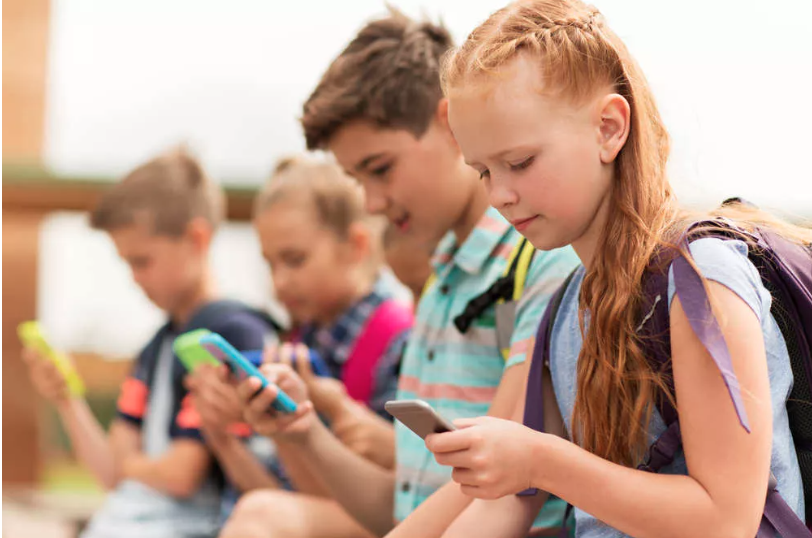Smiling in Order to Get a Smile in Return Could This Behavior of Babies Teach Us Something?
A few days ago I happened to come across an article that talked about
newborn babies’ smiles, and I discovered something I didn’t know: it seems
that babies smile at their parents to get them to smile back.
In short, they don’t laugh because someone else makes them laugh (as we’ve
probably always believed), but to make the other person laugh. The Huffpost
article states: “According to new
research
published in the journal PLOS ONE, their smiles are not at all unconscious.
On the contrary, babies intend to smile in order to make the people they
interact with smile back. What’s more, just like comedians who look for the
right moment to crack a joke and to maximize the audience’s response,
infants also choose the appropriate circumstances to fully enjoy the smile
of others, making the least effort.”
To carry out this study, the researchers used complex robotic technology.
First they studied the behaviors of many “little volunteers,” they
collected useful data, and then programmed a robot that looked as similar
to a real child as they could make it. By then making this machine interact
with some students, they noticed that the robot tended to make them smile
as often as possible, but then smiling, in turn, as little as it could.
The researchers themselves did not expect such a result: “We thought that
children smiled for no reason at all or that, at most, they would smile in
response to something,” said Paul Ruvolo, professor of the Olin College of
Engineering at the University of California.
Smiling to Make People Smile: Three Lessons We Can Learn
Although scholars remain cautious (admitting that they do not yet know what
drives them to do so, whether it is, perhaps, a particular cognitive
mechanism or otherwise), it is clear that infants have the specific goal of
seeing those in front of them smile, first and foremost the people they
interact with regularly.
I must admit that I wondered: what can this behavior of newborns teach us –
or rather remind us adults – in the way we communicate and relate
to each other?
I would like to share some lessons I have learned from this research:
1. We can generate harmony without waiting for others to do it first
Instead of suffering from stressful situations and complaining, we can
spread serenity – similar to the child who, instead of expecting a smile,
offers one in order to receive one back.
The secret is to start with ourselves, to work on finding our inner peace;
instead of being slaves to whatever mood we’re in – good, bad, judgmental –
or getting mired in the problems of those around us.
2. We can be part of the change we would like to see
Every single person affects the environment around himself and others.
It would be ideal if we were aware of the fact that we can do something to
ease stressful situations and relieve tension, instead of pouring gasoline
on the fire. We often become cynical and grumpy because it seems inevitable
in the climate we live to be anything but this way. Instead, each
of us is a small forcefield that can generate good.
3. We can actively engage in communicating peace “to those who are not
yet smiling”
I have noticed that so many change their mood when they encounter someone
trying to calm them down, instead of responding to nervousness with more
nervousness.
It’s not easy to avoid responding in the same tone, to show kindness to
those who aren’t kind, to take an interest in the issues that may have led
the other person to attack us over something insignificant; but, I’ve found
that in defusing the situation, you can only gain.
Here’s a somewhat trivial example: My neighbor once attacked me over
something silly. I wanted to tell her off, but instead I managed to breathe
deeply and show interest in her.
Making her feel understood, welcomed, and not burdened by the initial
insult she launched at me, I made her relax, and I kept the peace between
us from being compromised. We both gained from this – as did our
relationship.
One way to live more peacefully in daily life is to be kind simply to be kind and to smile to see others smile.
Scholars say it works, and apparently even babies know it, too….















